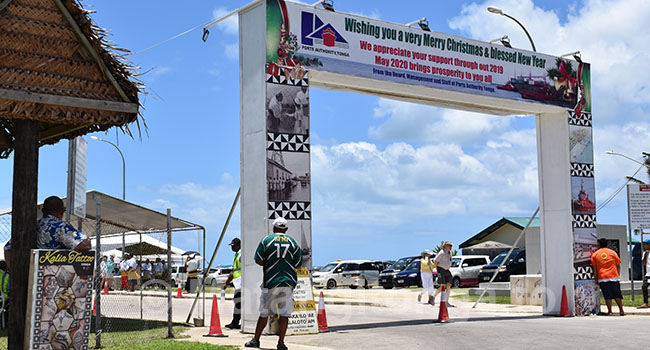
A $14 billion COVID-19 response package has been approved by the World Bank and IFC’s Boards of Directors, to fast-track financing to assist companies and countries efforts to prevent, detect and respond to the fast spread of the virus.
The package will strengthen national systems for public health preparedness, including for disease containment, diagnosis, and treatment, and support the private sector.
Contributions to the package includes $6 billion from the World Bank to strengthen health systems and disease surveillance, and $8 billion from its sister organization IFC, also a member of the World Bank Group, to support private companies and their employees hurt by the economic downturn caused by the spread of COVID-19.
The bulk of the IFC financing will go to client financial institutions to enable them to continue to offer trade financing, working-capital support and medium-term financing to private companies struggling with disruptions in supply chains. It will also help existing clients in economic sectors directly affected by the pandemic--such as tourism and manufacturing—to continue to pay their bills.
The package will also benefit sectors involved in responding to the pandemic, including healthcare and related industries, which face increased demand for services, medical equipment and pharmaceuticals.
Sustain operations
World Bank Group President, David Malpass said it is essential that we shorten the time to recovery.
“This package provides urgent support to businesses and their workers to reduce the financial and economic impact of the spread of COVID-19.”
“The World Bank Group is committed to a fast, flexible response based on the needs of developing countries. Support operations are already underway, and the expanded funding tools approved today will help sustain economies, companies and jobs.”
IFC Chief Executive Officer Philippe Le Houérou said not only is this pandemic costing lives, but its impact on economies and living standards will likely outlive the health emergency phase.
“By ensuring our clients sustain their operations during this time, we hope the private sector in the developing world will be better equipped to help economies recover more quickly. In turn, this will help vulnerable groups to more quickly recover their livelihoods and continue to invest in the future.”
The IFC response has four components:
- $2 billion from the Real Sector Crisis Response Facility, which will support existing clients in the infrastructure, manufacturing, agriculture and services industries vulnerable to the pandemic. IFC will offer loans to companies in need, and if necessary, make equity investments. This instrument will also help companies in the healthcare sector that are seeing an increase in demand.
- $2 billion from the existing Global Trade Finance Program, which will cover the payment risks of financial institutions so they can provide trade financing to companies that import and export goods. IFC expects this will support small and medium-sized enterprises involved in global supply chains.
- $2 billion from the Working Capital Solutions program, which will provide funding to emerging-market banks to extend credit to help businesses shore up their working capital, the pool of funds that firms use to pay their bills and compensate workers.
- $2 billion from the Global Trade Liquidity Program, and the Critical Commodities Finance Program, both of which offer risk-sharing support to local banks so they can continue to finance companies in emerging markets.
IFC is already working to deploy its response financing. Recently it expanded trade-financing limits for four banks in Vietnam by $294 million so they could continue lending to companies in need, especially small and medium-sized enterprises.
IFC will continue to maintain its high standards of accountability, while bearing in mind the need to provide support for companies as quickly as possible. Projects will be approved based on credit, environmental and social governance and compliance criteria, as applied in past crisis responses.



